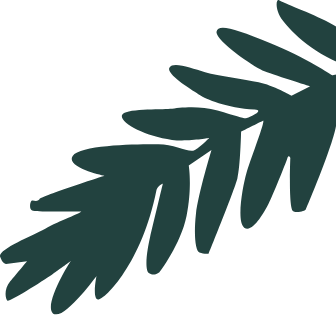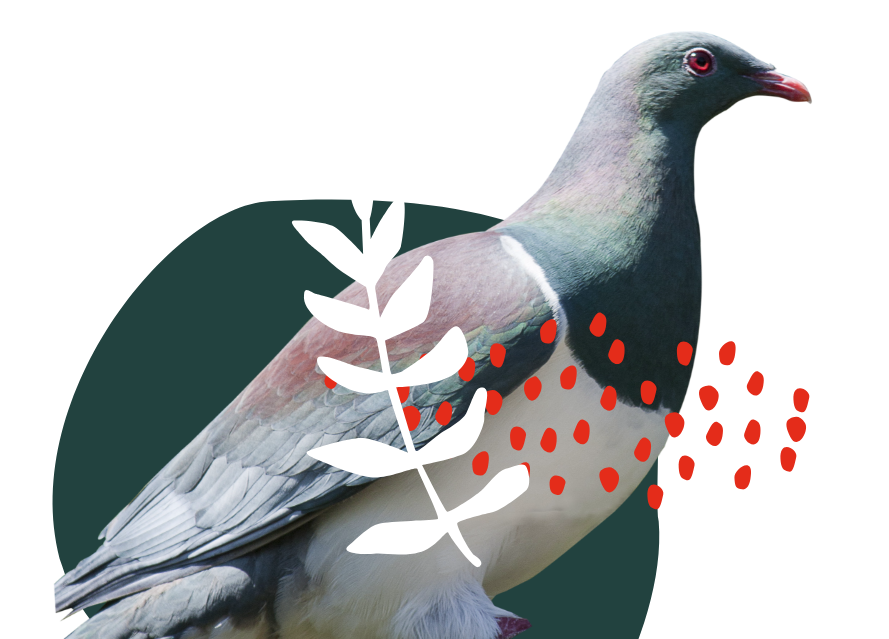Plans to build predator defences around Onerahi are ramping up following the latest steering group meeting for Predator Free Onerahi.
Tiakina Whangārei identified Onerahi as an ideal location to become predator free because as a peninsula, it can be defended against reinvasion and there are already strong community efforts underway to tackle predators. There are also significant areas of forest around the suburb, meaning the conservation outcomes for biodiversity would be very high.
Following the second steering group meeting last month, action plans are underway to increase traps in green areas throughout the community and also increase the number of backyard traps in the suburb.
Tiakina Whangārei coordinator Dai Morgan says an important aim of the project is to connect Onerahi residents to their local environment. Research has proven that when people contribute to environmental projects (such as predator eradication), it makes them feel part of a worthwhile cause, especially when the outcomes result in more native biodiversity.
“With support from the Department of Conservation in Whangarei and Tiakina Whangarei, we are making more traps available at no cost throughout the Onerahi community to build ‘clusters’ of backyard traps so we can start creating safe havens for native birds and other species. This is a great opportunity to get to know your neighbours by setting traps together and seeing the direct result of your efforts as native bird numbers grow around the suburb.”
Onerahi residents Peter Maguire and Agnes Hermans have lived in the same home for 33 years and Agnes says joining the Predator Free Onerahi project has given them a chance to connect with a wider group of neighbours. “It’s given us a great opportunity to connect with neighbours we hadn’t yet met through a community project and shared interest.
“Conservation brings real value through sharing and our collective efforts really do make a difference,” says Agnes. “It’s great to swap notes and data with neighbours to find out what they’re noticing. It ultimately means we can work at a much bigger scale and really make a critical difference.”
“There’s a lot of untapped potential with Predator Free Onerahi because a lot of people aren’t yet aware of the project and they don’t realise it’s so simple to get started. It’s easy to use the traps and it’s great to be a part of the collective community effort.”
A plan is being put in place to establish bait stations in Onerahi’s green spaces like parks and reserves and Whangārei District Council has given approval for the first targeted areas around the Onerahi Scout Den and the Waimahanga Track, with signage and information to ensure visitors are aware of the traps. The project will also link in with the work being done by the Friends of Matakohe Limestone Island to build a mainland ‘buffer zone’ to help protect the predator free island.



